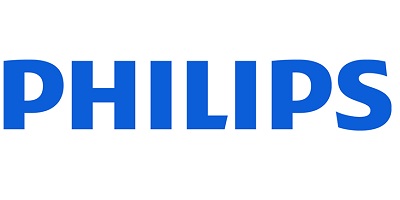At a glance
- Artificial intelligence and machine learning technologies will bring data together to make precision medicine possible.
- Precision care can enable more focus to be placed on the prevention of disease.
- Patients will have more involvement and choice in their own care pathways.
Precision medicine will enable a patient’s treatment pathway to be tailored to their individual characteristics. Using artificial intelligence and machine learning technologies, clinicians will be able to examine and interrogate only the most relevant data for each patient, enabling individualized treatments and first-time-right diagnosis.
Hear what your peers are saying about the path to precision care
These healthcare IT leaders discuss how new approaches to the prevention of disease will improve the patient journey.
Dr. Ronnie Ptasznik speaks on how precision diagnosis will deliver a personalized
algorithm for each patient
It’s not going to be enough to look at disease that’s present in the body. We’re going to use artificial intelligence and machine learning to see characteristics in the image that the human eye may not be able to see.”
Dr. Ronnie Ptasznik
Chief Medical Information Officer, Monash Health, Australia
Dr. Ronnie Ptasznik discusses how data can provide real clinical decision support
We’re talking here about building an infrastructure from the ground up that has the ability to connect data points across an individual’s medical history for their immediate bedside benefit.”
Dr. Ronnie Ptasznik
Chief Medical Information Officer, Monash Health, Australia
Mr. Jacques Rossler sees a future where patients have more involvement and choice in their own care
The future of healthcare looks like precision medicine, artificial intelligence, wearables for the patient, more interaction with the patient.”
Mr. Jacques Rossler
Chief Information Officer, UCL Saint-Luc, Belgium
Dr. Jacob Visser discusses the need to focus on prevention as populations age
So, now we are focused on cure, but we should rather focus on prevention of diseases.”
Dr. Jacob Visser
Chief Medical Information Officer, Erasmus Medical Center, The Netherlands.
Dr. Ronnie Ptasznik discusses discusses the benefts of using data in real-time at the point of care
We want the data to be available at our fngertips in real time at the bedside. So when we plan our systems, we have to ensure that we have maximum interoperability.”
Dr. Ronnie Ptasznik
Chief Medical Information Officer, Monash Health, Australia



















